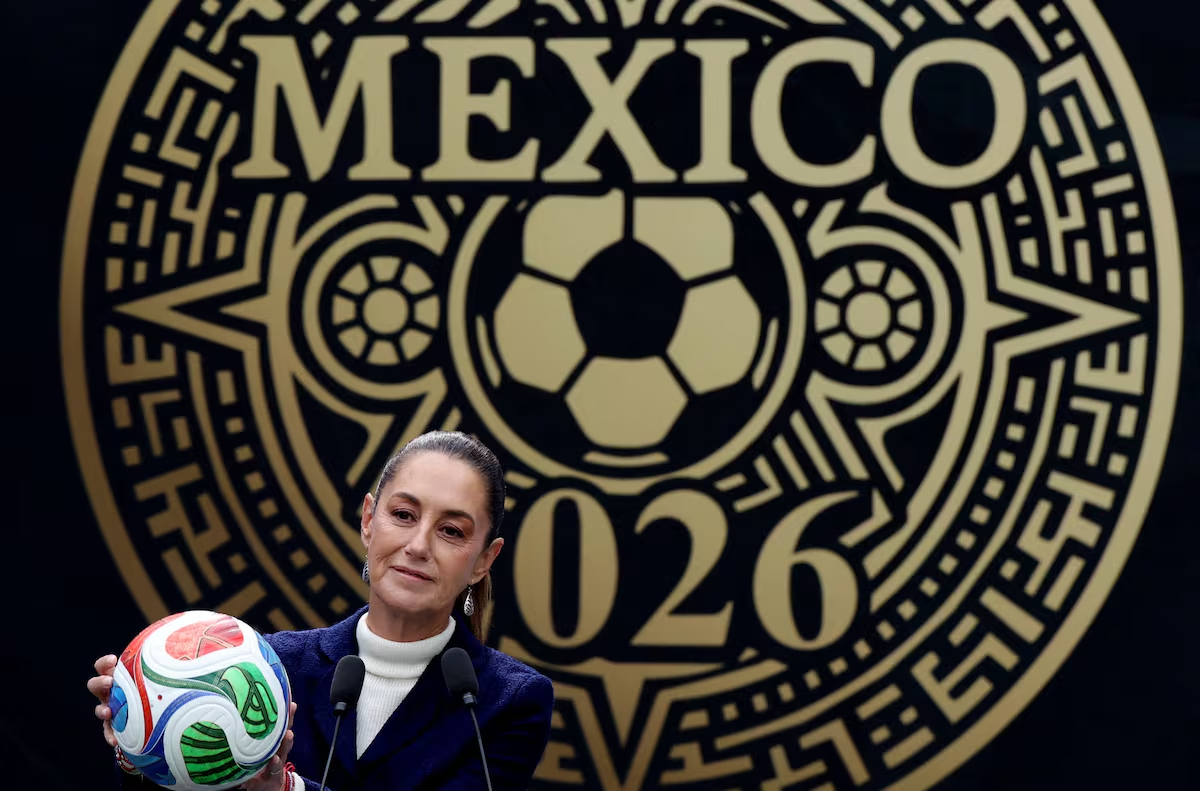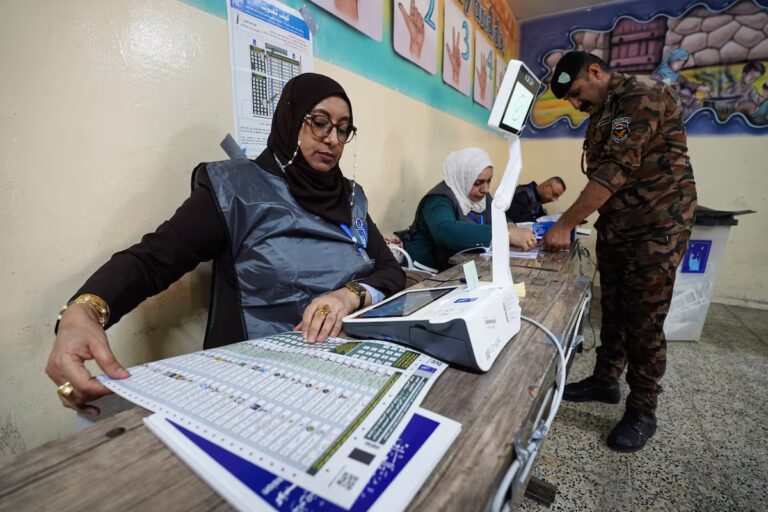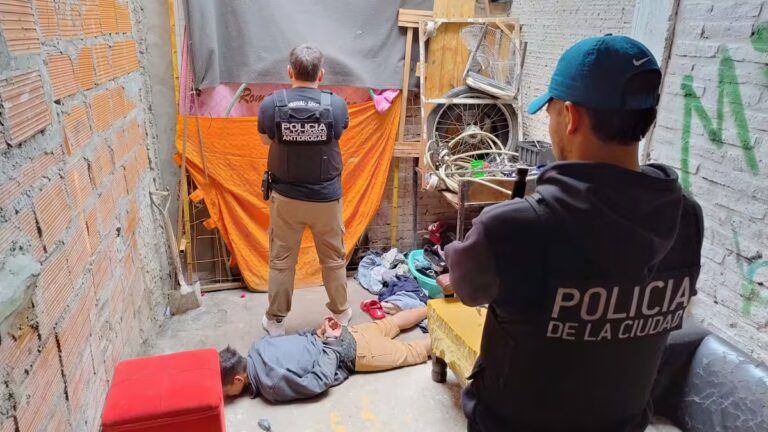
President Claudia Sheinbaum criticized the financial blank checks that Mexico granted to FIFA and FIFA’s proposed companies during preparations and celebrations for the 2026 World Cup. “This is not something that our government has decided, it is a contract that has already existed since 2015,” she commented during the presentation at the event. “There was no going back on those agreements and they have been adjusted.” The World Cup will be held in June 2026, with 78 matches played in the United States as the main venue, plus 13 in Canada and the same number in Mexico. The tax agreement between the United States and Canada is not complete and is concluded at the national, state, and local levels, so Mexico is the only of the three countries to grant a complete, nationwide exemption.
One of the transitional provisions of the Federation Revenue Act 2026 is that companies that “participate in the organization, development and implementation of related activities” in the run-up to next year’s World Cup will be exempt from paying taxes. Also, on Monday this week, the Ministry of Finance issued a statement regarding this tax exemption.
“In connection with the tax and customs measures applicable to the organization of the 2026 FIFA World Cup, various working groups have been convened with FIFA to limit the tax provisions applicable to persons participating in the organization and celebration of such sporting events,” the text begins, but then does not elaborate on how these “tax provisions” are limited.
The Ministry of Finance, like the president, points out that responsibility lies with the government of President Enrique Peña Nieto (2012-2018), noting that the new income law provides for “agreed guarantees for the performance of certain formal obligations of payment, transfer, withholding and collection, in accordance with the tax provisions, which will come into force only in 2026.”
This exemption stands out in a scenario where a country is in an economic downturn and spending on social programs increases, but the government attempts to increase tax collections without initiating tax reform. In the case of the United States, each city and state negotiates on its own, with the case of Santa Clara, California, where six games will be held, receiving attention, but the city has refused FIFA tax subsidies. In Canada, after the Vancouver and Toronto concessions were made public, even the mayor of Toronto criticized the leonine terms of these agreements.



